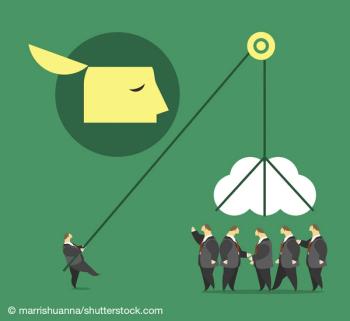
A look at a multidisciplinary team -- and its focus on meaningful recovery -- for patients with schizophrenia.

A look at a multidisciplinary team -- and its focus on meaningful recovery -- for patients with schizophrenia.

What if we were able to harness the immense power of our digital connections to create tools that can potentially make our lives happier and healthier?

This review focuses on post-stroke depression, apathy, anxiety, and PTSD, because these disorders occur and have been studied most frequently.
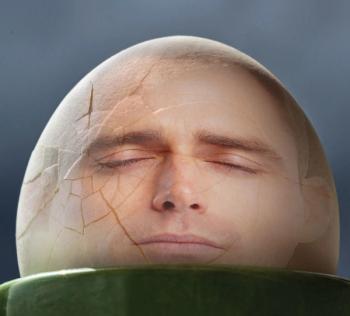
Your patient is recovering from a traumatic brain injury. He asks you, “Doc, why do I need so much extra sleep?”

The authors differentiate between 3 types of deliberate self-harm: nonsuicidal self-injury, culturally sanctioned body modifications (tattooing or body piercing), and unintentional or accidental injury.

Dr Thompson introduces a Special Report meant to provoke thoughtful contemplation on various topics related to aggressive behavior.
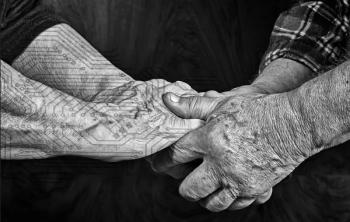
What role might electroconvulsive therapy play for short-term treatment of agitation and aggression in patients with dementia?

This review critically addresses 4 central assumptions that underlie many US political and popular associations between gun violence and mental illness.

The key focus is on understanding violent offending (eg, reactive, proactive, firearm violence) tied to antisocial personality disorder and psychopathy using a psychobiological lens.
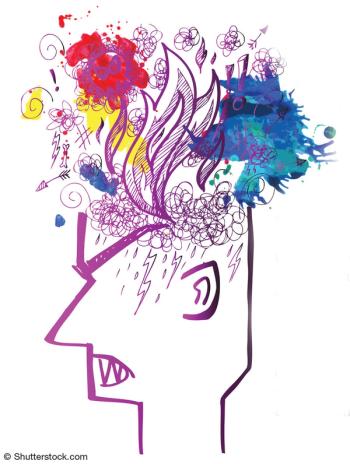
Here: a close up look at impulsive aggression.

When did human rights become negotiable in the US? A commentary on dismantling and closure of federal and state mental hospitals.

Neither facile liberal censure nor rabid applause from the right speak to Eastwood’s purposes in this superbly crafted picture.
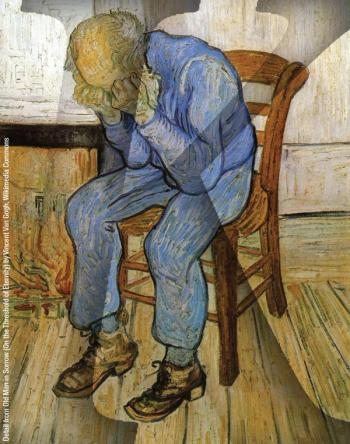
The authors review mechanisms of suicide and the effectiveness of current treatments, and zero in on ketamine--a potential novel, rapidly acting treatment for suicidality.

Here: assessment approaches, treatment options, and potential risks inherent in treating tobacco dependence in individuals with major mental illnesses and substance use disorders.
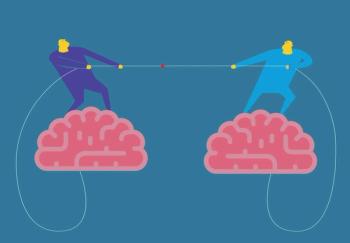
What psychiatry needs is a new approach to “psychiatric theory.” Here are a few practical suggestions.

Here's how a single question I don't normally ask changed the course of one patient's life. The story highlights how widespread the effects of violence are.
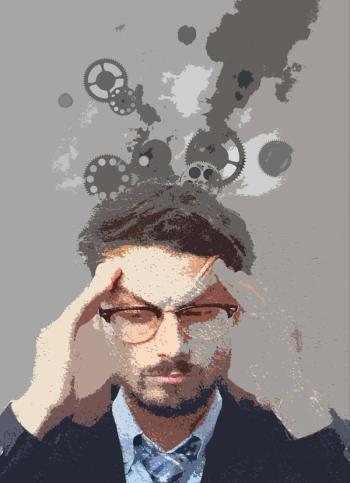
The ABIM is not sure whether the MOC program accomplishes a critical goal of ensuring maintenance of physician competency and has suspended the Practice Assessment, Patient Voice and Patient Safety requirements of MOC for at least 2 years.
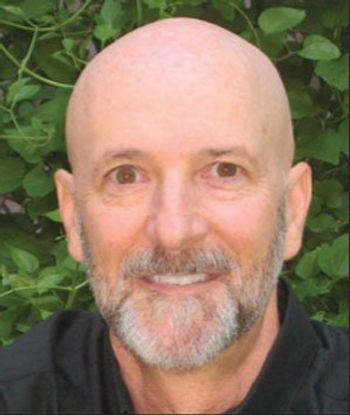
The Big Bad Wolf and Wicked Witch liked to creak the stairs by her bedroom door and wake her from dreams calling, “Daddy!”

In clinical terms, one of the most distinguishing diagnostic features of addictive disorders is that those affected continually and repeatedly revert to their addictive behaviors, despite the devastating negative and adverse consequences.

What do physicians intend by the term “disease”? The recent IOM report on “systemic exertion intolerance disease” (formerly known as chronic fatigue syndrome) casts this question in a new light and has many practical implications for patients, physicians, and third-party payers.